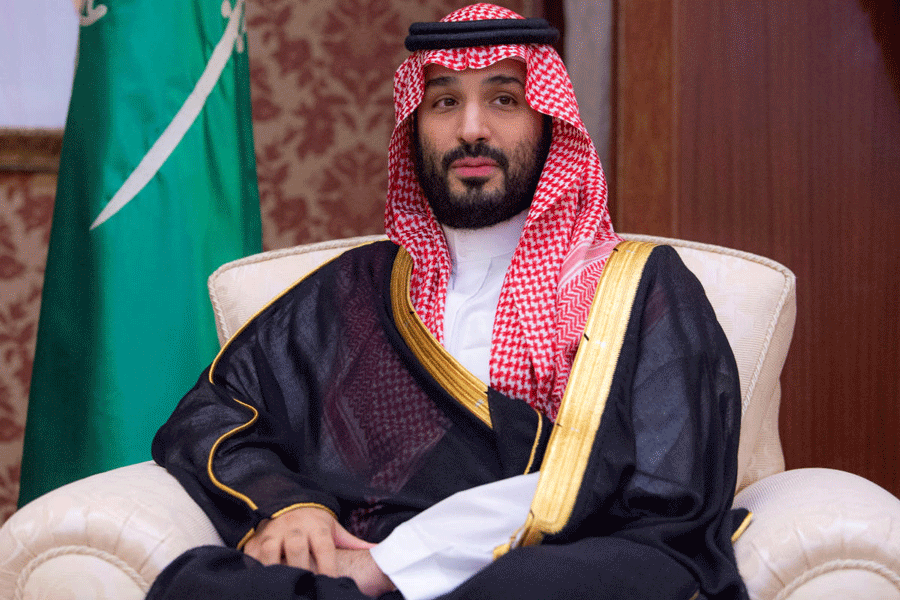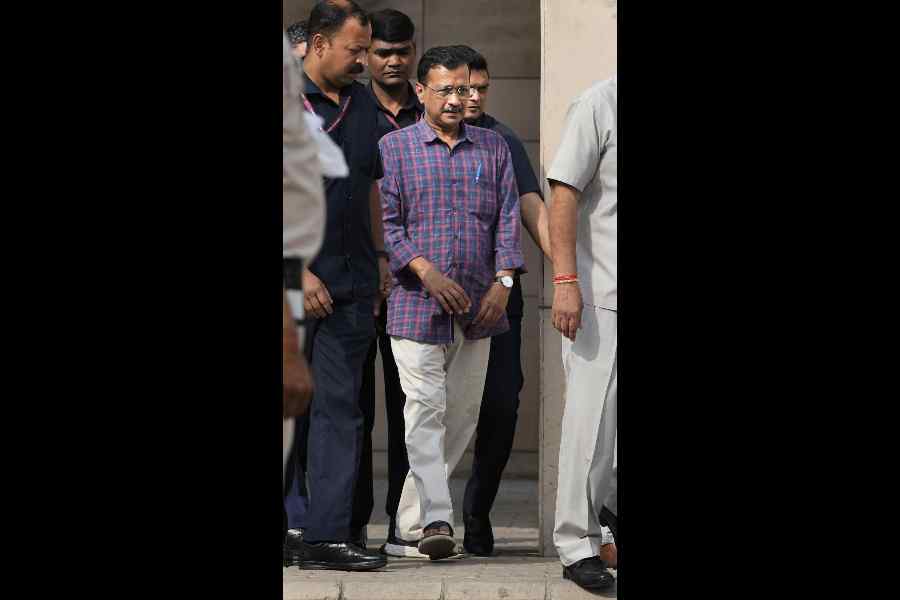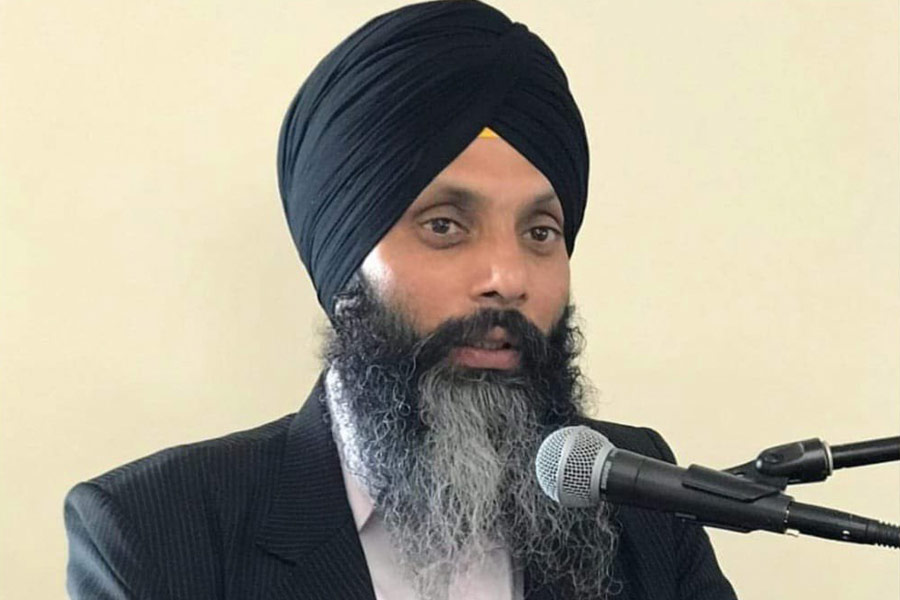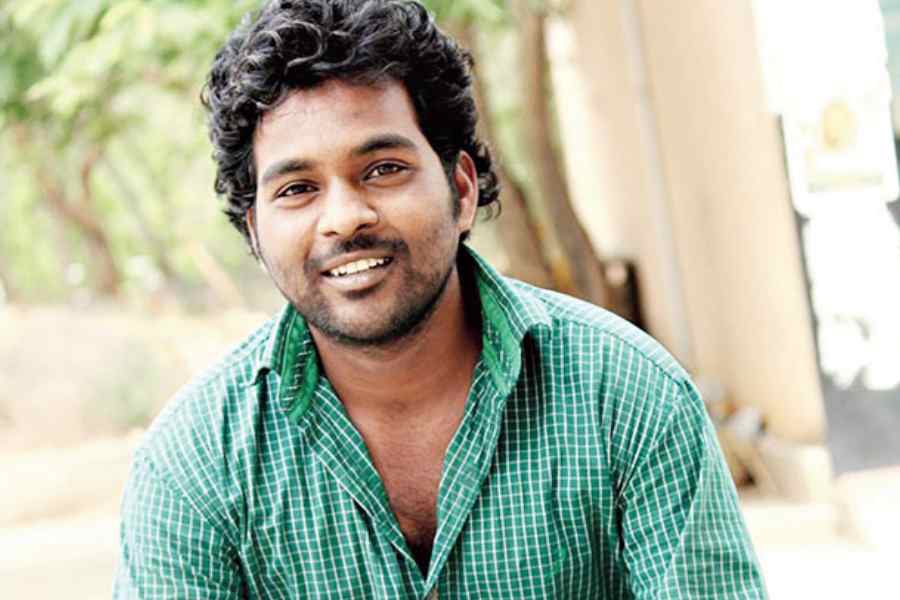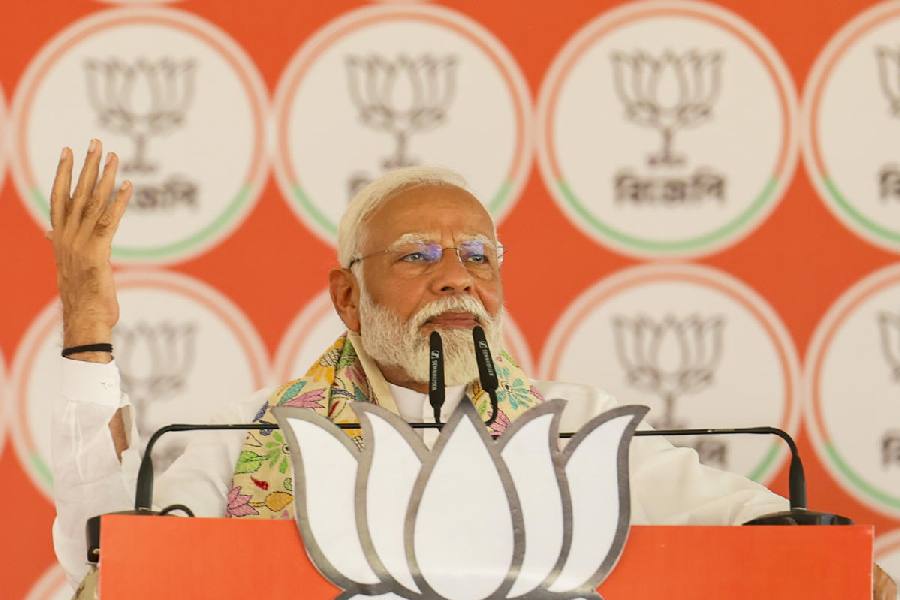President Joe Biden vowed during his quest for the White House to make the Saudi crown prince, Mohammed bin Salman, a “pariah” over the killing and dismemberment of a dissident. He threatened the prince again last autumn with “consequences” for defying American wishes on oil policy.
Lindsey Graham, the Republican senator, called Prince Mohammed, the oil-rich kingdom’s de facto ruler, a “wrecking ball” who could “never be a leader on the world stage”. And Jay Monahan, the head of golf’s prestigious PGA Tour, suggested that players who joined a rival Saudi-backed league betrayed the victims of the September 11 terrorist attacks — carried out by hijackers who were mostly Saudi citizens.
Now, their words ring hollow.
Biden, visiting Saudi Arabia last year, fist-bumped Prince Mohammed when they met and regularly dispatches officials to see him — including his secretary of state, Antony J. Blinken, this past week. Senator Graham grinned next to the prince — known by his initials MBS — during a visit to Saudi Arabia in April. Also this week, Monahan jolted the world of professional golf by announcing a planned partnership between the PGA and the upstart Saudi-backed LIV Golf league, suddenly giving the kingdom tremendous global influence over the sport.
“It just tells you how money talks because this guy sits on top of this oil well and all this money, so he can basically buy his way out of everything,” said Abdullah Alaoudh, the Saudi director for the Freedom Initiative, a rights group in Washington and a vocal opponent of the monarchy.
Over and over throughout his eight-year rise to power, Prince Mohammed, 37, has defied expectations that his rule was in jeopardy while leveraging the kingdom’s wealth, its sway over oil markets and its importance in the Arab and Islamic worlds to evade repeated threats to punish him with international isolation.
Along the way, he has not only sharpened his vision for the future of Saudi Arabia as an assertive regional power with a growing economy and increased political clout, but has taken lessons from his setbacks to refine his methods for achieving his goals, analysts and officials said.
For now, at least, he appears to be riding high.
Strong oil demand in recent years has filled the kingdom’s coffers. It bought an English soccer club, paid an eye-popping figure to bring Cristiano Ronaldo to play in its national league and is trying to recruit other international stars, too. If the golf deal goes through, a close aide to Prince Mohammed would become one of the sport’s most powerful figures, giving Saudi Arabia another major platform to reshape its international image.
In recent years, heads of state from Turkey to the US who once spurned Prince Mohammed have accepted him as the future of Saudi Arabia. And he has deepened the kingdom’s relationships with China, which helped broker a diplomatic breakthrough between Saudi Arabia and Iran, longtime regional rivals.
That all marks significant progress for a young prince who was widely seen as a dangerous upstart after his father became king in 2015.
That same year, the prince launched a military intervention in Yemen that caused vast civilian deaths and sank into a quagmire. He later shocked the diplomatic community with the kidnapping of the Prime Minister of Lebanon and stunned the business community by locking hundreds of rich Saudis for weeks on end in a luxury hotel as part of a purported anti-corruption drive.
His international standing took a sharp dive in 2018 after a Saudi hit squad killed and dismembered the dissident Saudi journalist Jamal Khashoggi inside the kingdom’s consulate in Istanbul. Prince Mohammed denied any foreknowledge of the plot, but the CIA concluded that he had likely ordered the operation.
That was perhaps his lowest point.
But in the years since, the crown prince has recovered much of his clout, helped by his country’s considerable wealth and power. Early on, he sidelined rivals to consolidate his control at home. Social changes he has pushed through, like allowing women to drive and expanding entertainment options in a country that used to ban movie theatres, have won him fans among the kingdom’s youth.
He also knows that, as the king-in-waiting in a monarchy, he can play the long game. He will never have to stand for re-election and he is already dealing with his third American President, with many more likely to come and go while he remains.
New York Times News Service

